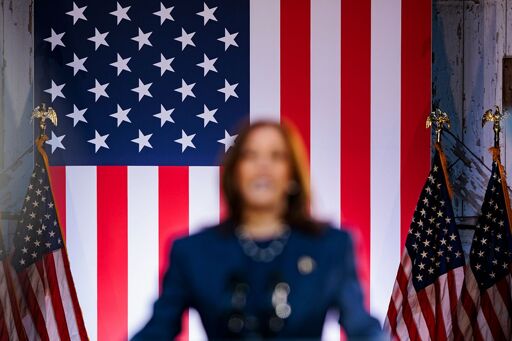One way to move beyond the basic set of assumptions is asking how we could get better representatives: if we had a genuine working-class party, say, or even just a viable third party that could break the Democratic-Republican stranglehold over the shape of U.S. politics. We could try for new rules to shape the contest between political parties: ranked-choice voting to change how candidates craft their appeal to voters or proportional representation to change how parties share power after elections from a winner-take-all system to one that splits seats between parties. But while we ask those questions, it’s worth adding another, parallel set: What if elections were different? What if we could vote directly for plans rather than representatives of any party? What if we could represent ourselves?
This is not some thought experiment or conceptual exercise (though, as a philosopher, I’m not above those!). Direct democracy already exists, albeit in limited forms, but those forms could in principle scale up. Here in the United States, abortion rights have already been under attack and hang in the balance in elections. Ten states have adopted a direct democratic strategy for their defense this election season: holding referenda on abortion laws that would allow their voters to join California, Michigan, Ohio, and Vermont in enshrining reproductive rights guarantees into law, including amending state constitutions. “Leaving it to the states” doesn’t have to be only a dangerous and irresponsible failure to defend reproductive justice.



I wondered about that myself. Often, people that vote for different parties do agree about certain issues, but all that gets watered down as they are forced to just pick one party. In this day and age of technology, directly voting for plans would be quite feasible. I just don’t think it’s going to happen, as it would take the power away from the few and put it in the hands of the people. Exactly the reason why people like us would want this. Another more difficult issue is that you should be able to get an idea of how a certain vote would work out. To use a simple and silly example: we want no more tax. But the consequences of that would be devastating, roads crumble, no police or fire brigade. So we need a political independent and scientifically based model of reality that anyone can access and check what other effects a certain vote might have.